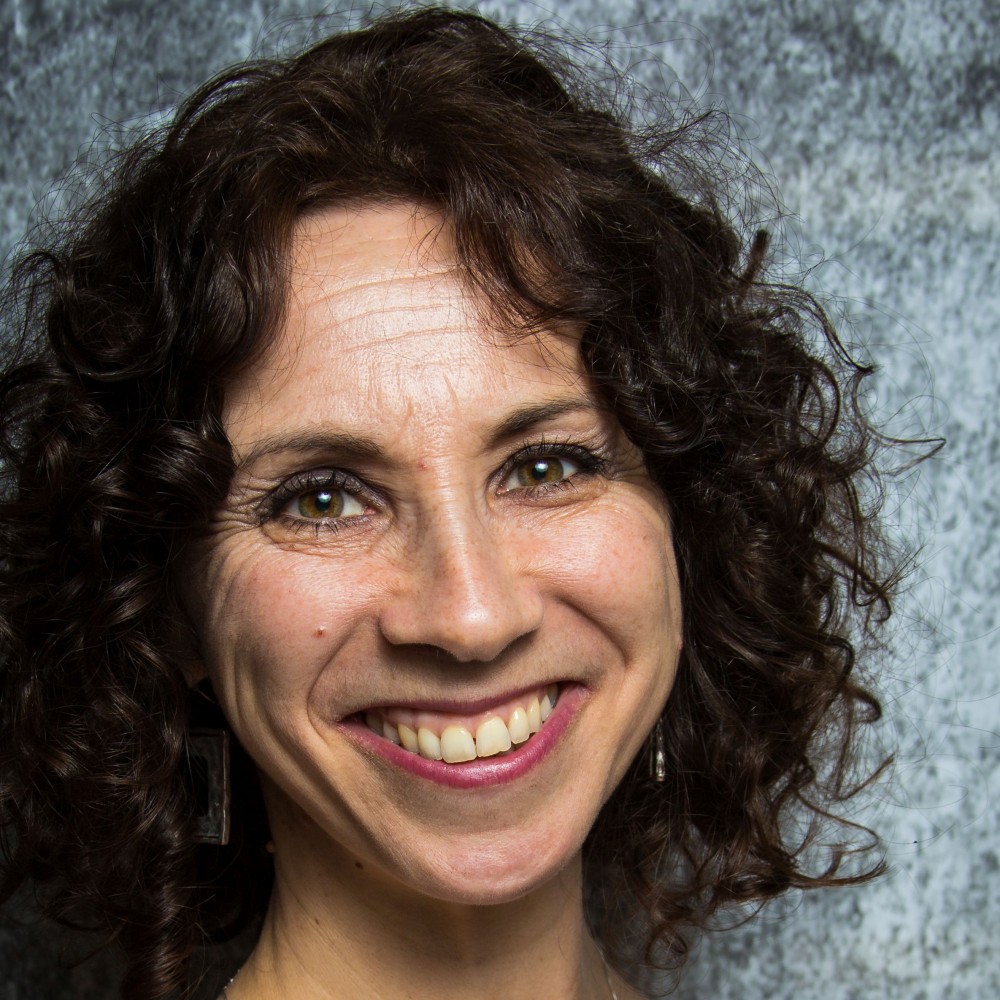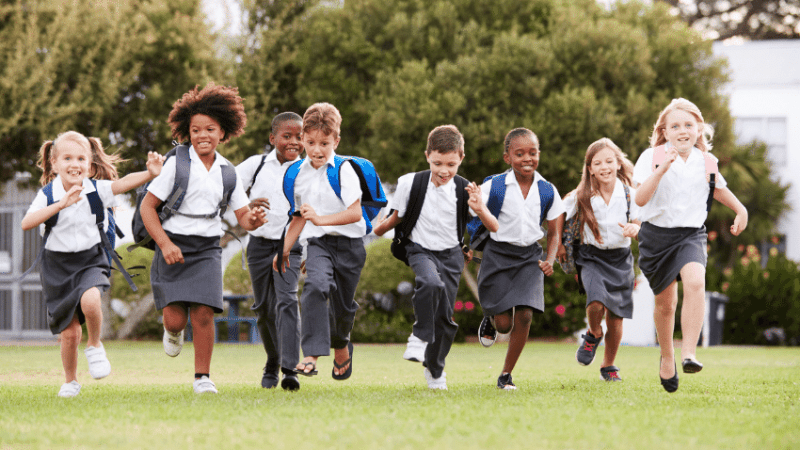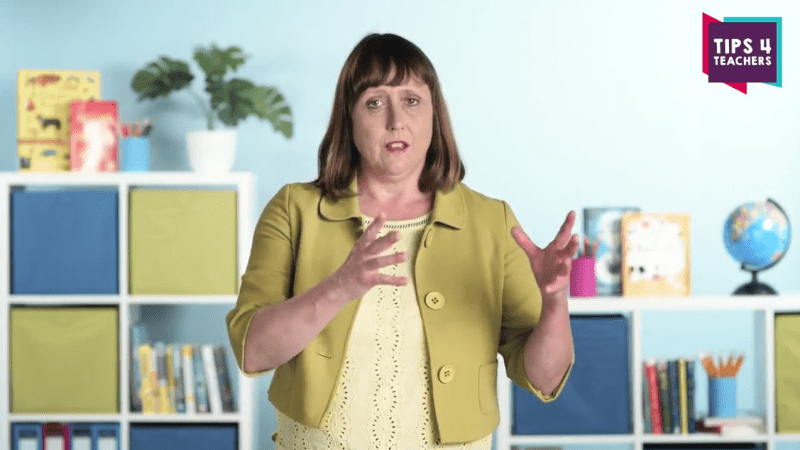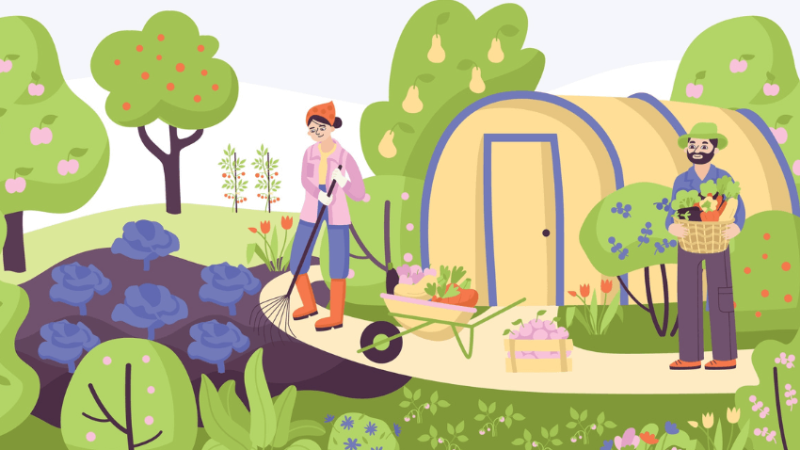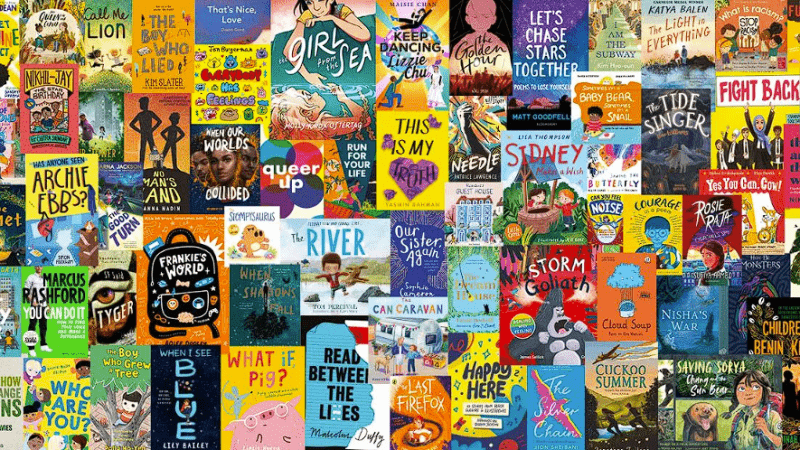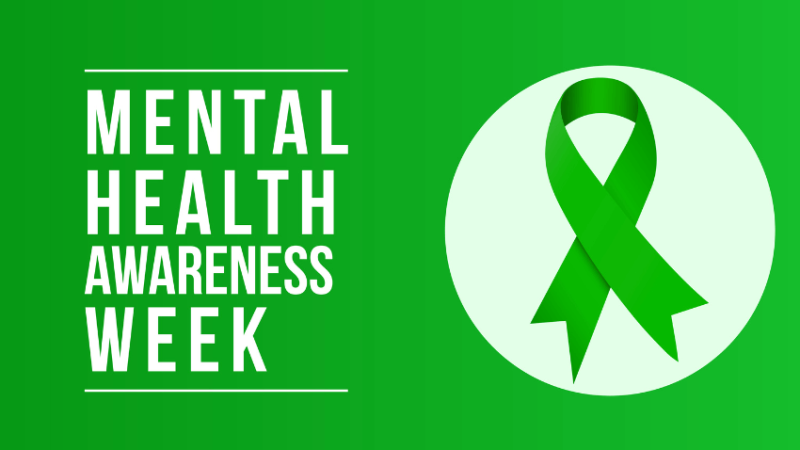PSHE – Free expert RHE programme from Discovery Education
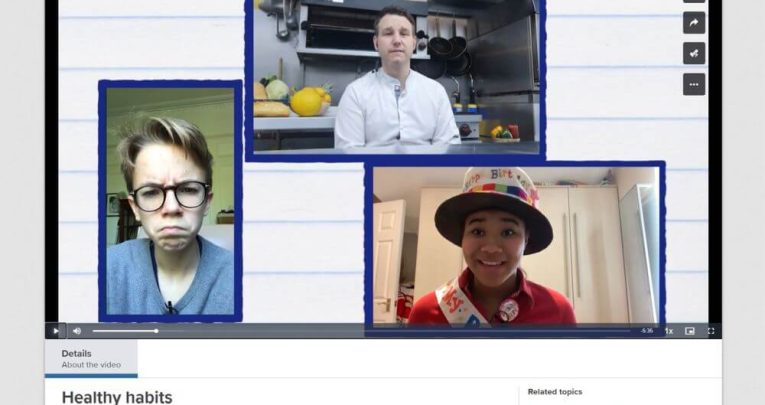
Feel a little squeamish about delivering RHE? Use the summer term, and a free programme, to get back on track, says Lucy Marcovitch…
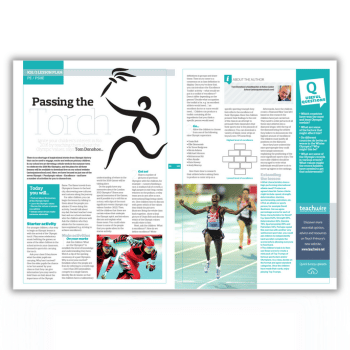
Recently, I asked around 50 adults how they got through lockdown.
A pattern emerged which could be generally grouped into categories related to food, exercise and the comfort of family and friends. But there were also other, less wholesome responses – ‘not coping’ behaviours including crying, overeating, drinking and insomnia.
None of these strategies were ‘right’ or ‘wrong’. Taylor Swift might have used lockdown to record two albums, but that doesn’t mean she coped any better than the rest of us. We all had our ways of working through it.
At a basic level, people’s solutions were all about health and relationships; our ability to manage life is down to how we manage our health – mental and physical – and our relationships with others.
But as adults there was a context for our structures – an understanding of why lockdown was necessary and previous experience of managing challenging situations to draw upon. Children didn’t have that context, and sadly for many, not even the support and safety by which to develop one.
In school we teach children how to read, write and count but until now, we have never had to teach them the knowledge and skills to navigate their own lives.
Ready for RHE
Health and relationships education for primary schools became statutory in September 2020, with advice from the DfE that schools had until the beginning of this summer term to have it in place after the pressures of the first lockdown.
In February the DfE issued a further statement, acknowledging the difficulty in delivering a comprehensive RHE programme in the current climate and ‘encouraging’ schools to prioritise content based on their pupils’ need, with a ‘particular focus’ on positive relationships and mental and physical health.
You may feel confident that your RHE curriculum is planned and ready to deliver; many of you will be delivering it already, but if you still think there are gaps, the summer term is a good time to address these.
At the very least, you should ensure that you are following current legislation: that you are providing some relationships and health education, that you have published your RHE (and sex education if provided) policy and that parents have been consulted.
Despite its necessity for navigating life, there might also be aspects of RHE that you feel unsure about or nervous of. This won’t necessarily be down to experience.
Some of you will have been teaching a long time and still feel anxious about teaching sex education to Y6 or might never have taught younger children the proper names of body parts. You may not feel prepared for the questions children might ask, or clear about what is age-appropriate language or content. However, fear not – help is at hand.
Surrogate siblings
Having a good curriculum programme, where these worries have been taken into account, can help. Discovery Education’s digital ‘Health and Relationships’ programme covers the complete set of DfE objectives and is being made available to all schools free of charge until October.
The programme is divided into six main topics, each containing a set of developmental lesson plans for each year group which build on and extend previous learning. The lesson plans provide a clear structure for learning but are also flexible enough to adapt or extend to suit individual circumstances.
There are opportunities given for recording learning and progression, and suggestions for further challenge or extension.
As well as the lesson plans, videos for each topic and age group develop learning through animation and real-life scenarios. The videos can be used alongside activities to introduce, enhance or extend learning, or separately as a way to discuss concepts further.
Led and voiced by young people acting like a surrogate older brother or sister for pupils, and revisiting the same characters to develop a familiarity, the videos are entertaining, unthreatening and often funny, offering an engaging way into sensitive topics.
Example lesson
Here’s an example of how you can lead a Y1 lesson about private body parts. This lesson is the second of three from the programme about ‘My amazing body’, with the first lesson encouraging pupils to be proud of their bodies by identifying the amazing things it can do.
Included in the digital programme is an animated video featuring a class learning the names for private body parts with their teacher – you can use it as a way to introduce and explain these words or introduce the words yourself before showing the video to reinforce them.
The video has children sharing their ‘at home’ words for private body parts and having a bit of a laugh about these, normalising the range of words we use and the feelings around them.
It reinforces the safety messages that the correct names should be used at school, and that private body parts should only be shown to a trusted adult with a child’s permission.
These safety messages run throughout the lesson activities, with pupils sharing their own understandings of the word ‘private’ before discussing how this relates to our bodies. The words are introduced and definitions clarified within the lesson plan, then reinforced through activities matching words and pictures to body outlines.
There are clothed and unclothed versions of this worksheet to choose between, depending on what is most appropriate for your setting.
You can then move on to discussing appropriate and safe behaviour and other ways in which people’s bodies are different, encouraging pupils to view these differences with pride.
As with all the lessons in the programme, the outcomes are measurable (‘We will be able to: use the correct words to describe the private parts of our bodies; describe some of the ways our bodies are similar and different’) and the activities provide a way to demonstrate and evidence these outcomes.
Demystifying vocabulary
This lesson takes a straightforward approach, emphasising simple safety messages relating to children’s bodies, but also treating the names of body parts as what they are – just words. Children’s associations with words come from our perceptions as adults and the way we communicate those words.
If we convey the correct words for genitalia in the same way as we do for any other part of the body the words become demystified and unthreatening, allowing children to use them without shame when they need to.
You’ll find clear guidance on safeguarding in the lesson plan and there is separate information on creating a safe teaching and learning environment for the resource as a whole. There’s also advice on how to communicate with parents, along with an explanation of why learning the words is important.
Children can build on their understanding as they progress through school, thanks to the programme’s spiral curriculum approach.
You may feel a little squeamish about delivering some of the more sensitive parts of RHE. However, remember that if you don’t give children this information, they will find it out somehow. At best what they discover might just be wrong, but at worst it could be untrue or unsafe, and could have a lasting impact on their future.
Free expert RHE programme
Discovery Education’s digital ‘Health and Relationships’ programme covers the complete set of DfE objectives and is available to all schools free of charge until 31 October 2021. Find it here.
Schools that do not wish to continue after this date should notify Discovery Education by emailing discoveryeducationuk@discoveryed.com by 30 September 2021.
Lucy Marcovitch is series editor of Discovery Education Health and Relationships, a whole-school digital PSHE programme for primary schools. Follow Discovery Education on Twitter at @discoveryeduk.





